COURSE OVERVIEW
UNIX+AWS+DEVOPS Training Course in Kolhapur
Unlock your potential as a UNIX+AWS+DEVOPS Developer with our comprehensive course designed for aspiring professionals.
This hands-on program will guide you through mastering the cloud and DevOps practices to streamline processes and reduce time-to-market. AWS and DevOps skills are highly sought after, with companies actively seeking trained professionals
iTpreneur addresses the need by offering the premier UNIX+AWS+DEVOPS Training Course in Kolhapur.
Why choose the UNIX+AWS+DEVOPS Training Course in Kolhapur?
- Completing this course opens up a range of job roles, including AWS Cloud
Engineer, DevOps Engineer, Solutions Architect, and Site Reliability Engineer,
among others. - Professionals with expertise in AWS and DevOps earn competitive salaries.
Entry-level roles start from ₹4 LPA to ₹8 LPA, with mid-level professionals
earning significantly higher. - The course provides practical training on popular tools and platforms such as
Docker, Kubernetes, Terraform, and Jenkins, ensuring students are job-ready. - With cloud adoption and DevOps practices continuing to grow, these skills
ensure long-term career stability and growth in a constantly evolving IT
landscape. - Students gain a solid understanding of cloud computing concepts, AWS services,
and automation strategies, which are essential in modern IT environments.
Finding an IT training institute in Kolhapur with assured job opportunities can be challenging—choose iTpreneur for guaranteed success!
Are you struggling to find an IT training institute in Kolhapur that not only provides top-notch technical education but also assures job placement? Look no further than iTpreneur!
At iTpreneur, we specialize in bridging the gap between education and employment by offering industry-aligned training programs designed to equip you with the skills employers are actively seeking. Our courses cover a wide range of IT domains, ensuring you gain hands-on experience and real-world knowledge to excel in your career.
With a strong commitment to your success, iTpreneur offers:
- Job-Oriented Training: Learn from expert trainers with industry experience.
- Guaranteed Placement Assistance: We ensure you secure your first IT job with our robust placement support.
- Comprehensive Curriculum: Master in-demand technologies and tools tailored to market needs.
- Practical Learning Approach: Work on live projects and gain real-world experience.
Whether you’re starting your IT career or looking to upskill, iTpreneur is your trusted partner in Kolhapur for achieving your professional goals. Enroll today and take the first step toward a successful IT career!
What is included in the UNIX+AWS+DEVOPS Training Course in Kolhapur? Category: ITPM (100% Job Guarantee with Day 1 Offer Letter) Duration: 3 Months
- Introduction to Windows & Linux OS.
- Key features and history of Windows and
Linux. - Difference Between Windows & Linux OS.
- Creation of Files & Folders in Windows &
Linux.
Steps to create, rename, and delete files and
folders in Windows. Steps to create, rename, and
delete files and folders in Linux (CLI using touch,
mkdir, rm, etc.). - Basic Commands in Linux Navigation:
ls, cd, pwd. File handling: touch, cp, mv, rm.
Viewing content: cat, less, head, tail. System
info: uname, whoami, df -h, top. - Flavors of Linux
Overview of Linux distributions (Red hat, Ubuntu,
CentOS, etc.) - Features and Components of Linux OS
- Linux File System Hierarchy
Explanation of /root, /home, /bin, /etc, /var,
/tmp, /dev, /usr. Structure and purpose of
each directory. - Hard Links & Soft Links
Explanation and difference between hard
links and soft links. Commands: ln, ln -s. - Tar Command
Archiving files using tar. Compressing files
using gzip/bzip2/xz with tar. Extracting
archives. - Package Management Tools: yum & rpm
Introduction to package management in Linux.
Using yum for installing, updating, and removing
packages. Using rpm for package queries and
verifications. - Job Scheduling Using Cron
What is Cron and its purpose? Syntax and usage
of crontab. Scheduling examples (daily, weekly,
monthly tasks). Managing and troubleshooting
Cron jobs. - File Management: cp & mv Commands
Syntax and usage of cp (copy) and mv (move
and rename). Recursive operations with
directories. - User Management
Adding, deleting, and modifying users.
Managing user groups. Understanding
/etc/passwd, /etc/group, and /etc/shadow files. - File Permissions
Permissions (read, write, execute) Changing
permissions with chmod. Changing ownership
with chown and chgrp - Access Control List
ACL) Purpose of ACL in Linux. set, view, and
modify ACL: setfacl, getfacl - Pattern Search Using grep
- File Searching and Filtering with find
Command - Word, Line, and Byte Count with wc
Command
Topics:
- Introduction to scripting
- Importance of Sha-bang
- Operators in Scripting
Arithmetic Operators: Addition,
subtraction, multiplication, division.
Relational Operators: Equal to, not equal,
greater than, less than.
Logical Operators: AND, OR, NOT.
Assignment Operator
Introduction to Variables - Local Variables: Defining and using
variables in scripts. - Environment Variables: System-level
variables and their usage. - Special Variables: $0, $1, $#, $*, $@,
$$, $ - Conditional Statements in Scripting
if, if-else, if-elif-else, nested if statements. - Loops in Scripting
For, Infinity, While, Until Loop
Cloud Computing - Introduction to Cloud Computing
- Characteristics of cloud
- Types of Cloud Services provided by
cloud - Difference between AWS, Azure &
GCP
1. Elastic Compute Cloud (EC2)
- Elastic Cloud Computing
- Introduction to Elastic Cloud
Computing (EC2) - Creation of windows & Linux server
- Installation of Apache-httpd & IIS
webserver - Amazon machine image (AMI) & types
of AMI - Security groups & Key pairs.
- Bootstrap script
- Elastic Ip
- Importance of chkconfig command
- Concept of zone & region in AWS
- Types of instances.
- Various purchasing options available
for an instances.
2. Load Balancer (LB) - Introduction to load balancer (LB)
- Types of load balancers
- Concept of TCP & UDP
- OSI model
- Different strategies use in LB
- Components of LB
- Parameter in Health check of instances
- Use of application LB with header
3. Autoscaling
- Introduction to Auto Scaling
- Steps in Auto Scaling
- Components of Auto Scaling
4. Simple Notification Service
- Introduction to SNS
- Creation of topic in SNS
- Adding Subscription in SNS
5. Elastic Block Storage
- Introduction to EBS
- SAN (storage area network) technology
- Types of volume
- Advantages & Disadvantages of EBS
- Adding extra volume to windows & Linux
servers
6. Elastic File System
- Introduction to EFS
- Advantages & Disadvantages of EFS
- Difference between EBS & EFS
- Syncing directories of different servers
7. Simple Notification Service
- Introduction to S3
- Concept of Bucket & Object in S3
Versioning in S3 - Use of delete marker
- Cross region replication in S3
- Advantages & Disadvantages of S3
- Difference between EBS, EFS & S3
Website hosting in S3 - Storage classes of objects in S3
- Life cycle management of object in S3
8. Relational Database Service
- Introduction to RDS
- Examples of RDS
- Creation & connecting of MySQL
Database - Various queries in MySQL Database
- Use of Where Clause
- Understanding of various functions
- Use of various operators
- Creation & Deletion of users in MySQL
- Taking Backup of MySQL Database
- Restoring of MySQL Database
9. DynamoDB
- Introduction to DynamoDB Database
- Difference between MySQL &
DynamoDB - Creation table in DynamoDB
10. Virtual Private Cloud
- Introduction to VPC
- Concept of subnet & types of subnet
- Concept of Internet Gateway & Nat
Gateway - Concept of Route Table & types of
Route table in VPC - Concept of VPC Peering & non
transitive peering Importance of CIDR. - Understanding of NACL. • Difference
between NACL & SG
11. CloudWatch
- Introduction to CloudWatch
- Creation of events
- Creation of Alarms
12. CloudTrail
- Introduction to CloudTrail.
- Difference between CloudWatch &
CloudTrail
13. Identity & Access Management
- Introduction to IAM.
- Types of users in AWS
- User & Group creation & deletion
- Types of policies
- Giving policies to user & group
- Concept of Role
14. Multi Factor Authentication
- Introduction to MFA.
- Overview of Multi-Factor
Authentication (MFA) as an extra layer
of security. - Importance of MFA in enhancing
account and resource protection. - Configuring a virtual MFA device with
an authenticator app. - Configuring MFA for root accounts and
IAM users
15. CloudFront
- Introduction to CloudFront.
- Concept of Edge location & Regional
Edge location - Concept of TTL (Time To Live)
- Importance of Invalidation request
- Creation of CDN Distribution
16. Route 53
- Introduction to Route 53.
- Concept of DNS (Domain Name
System) - Functions
- Types of top-level domain in AWS
- Concept of hosted zone.
- Types of DNS records.
- Different Routing policies.
17. Systems Manager
- Introduction to AWS Systems Manager
(SSM). - Installing and configuring the SSM
agent. - Enabling Systems Manager on EC2
instances. - Configuring IAM roles and policies for
SSM. - Executing commands using the Run
Command feature
18. AWS Lambda
- Introduction to AWS Lambda.
- Overview of AWS Lambda as a
serverless compute service. - Integration with other AWS services
(e.g., S3, DynamoDB). - Creating a Lambda function using the
AWS Management Console. - Triggering Lambda functions from S3.
Docker
- Introduction to Docker
- Concept of virtualization overview of
Docker. - Benefits of using Docker
- Differences between virtual machines
and containers - Docker images and Docker containers
- Installation of Docker
- Basic Docker Commands (docker
version, docker info, docker run, docker
ps docker stop, docker start, docker
restart). - Docker Volume
- Components of Dockerfile
- Docker Compose
Jenkins
- Introduction to Jenkins.
- Concept of SDLC
- Understanding of CI/CD
- Installing and Configuring Jenkins.
- Managing Jenkins Jobs.
- Analyzing build results and
troubleshooting errors. - Managing Jenkins security (user roles
and permissions). - Configuring triggers (poll SCM,
webhooks). Master-Slave Architecture
in Jenkins - Jenkins Pipeline
Git
- Introduction & Installation of Git.
- Git commands: git add, git commit, git
status, git log. - Understanding the Git workflow
(Working Directory, Staging Area,
Repository) - Introduction to remote repositories.
- Connecting to remote repositories (git
remote, git clone). - Fetching and pulling changes (git fetch,
git pull). Pushing changes to a remote
repository (git push) - Advanced Git Topics
- Stashing changes (git stash).
- Tagging commits (git tag).
- git reset command
- Overview of branching strategies
- Creating and managing branches (git
branch, git checkout, git switch). - Merging branches and resolving
conflicts.
Kubernetes
- Introduction to Kubernetes
- Kubernetes Architecture
- Installation of Kubernetes
- Key Kubernetes Components
- Networking in Kubernetes
- Kubernetes Commands
- Kubernetes Storage
- Advanced Kubernetes Topics
- Working with Helm
Terraform
- Introduction to Terraform
- Terraform Installation and Setup
- Terraform Basics
- Working with Providers
- Terraform Resources and Variables
- State Management in Terraform
- Terraform Modules
- Terraform Advanced Topics
- Terraform with CI/CD

- Duration : 100 Hours (3 Months Consisting Of Saturday & Sunday - 5 Hours A Day)
- Language :English
- Prerequisites: No
- Course Capacity :50 students
- Certificate : Yes
USPs of iTpreneur:
- 100% Placement Guarantee
- Day 1 offer letter
- 0% EMI
Why should you join ITpreneur’s UNIX+AWS+DEVOPS Training Course?
1. Certified Expert Faculties
Learn from certified expert faculties who bring their industry experience and in-depth knowledge to provide comprehensive guidance throughout the course.
2. Latest UNIX+AWS+DEVOPS Technologies
Get training on the latest UNIX+AWS+DEVOPS technologies and frameworks in high demand in the industry, ensuring you have the skills required for modern UNIX+AWS+DEVOPS development.
3. Live Projects on UNIX+AWS+DEVOPS Development
Gain practical experience by working on live projects that teach you about handling projects, allowing you to apply your UNIX+AWS+DEVOPS skills and build a strong portfolio.
4. Weekly IT Expert Workshops
Weekly workshops conducted by IT experts to gain valuable insights into industry trends, best practices, and emerging technologies, enhancing your understanding of UNIX+AWS+DEVOPS Development.
5. Assignments
Assignments that challenge your problem-solving abilities and reinforce your understanding of UNIX+AWS+DEVOPS concepts, helping you develop the necessary skills for success in the field.
6. Soft Skills and Interview Sessions
In addition to technical expertise, the course also focuses on developing essential soft skills and preparing you for job interviews, ensuring you are well-rounded and ready to excel in your professional career.
Job roles after UNIX+AWS+DEVOPS Training Course in Kolhapur
- AWS Cloud Engineer
- Site Reliability
Engineer (SRE) - DevOps Engineer
- Automation Engineer
- AWS Solutions Architect
(Associate Level) - Kubernetes
Administrator - Cloud DevOps
Engineer - AWS SysOps
Administrator - Cloud Support Engineer
- Infrastructure
Engineer
Who can join the UNIX+AWS+DEVOPS Training Course in Kolhapur?
Our complete course is ideal for a graduate who wishes to start or advance their career and become a skilled UNIX+AWS+DEVOPS professional in the IT industry.
- Freshers
- Students
- Bachelors & Graduates
- Any professional person
The course will have regular classroom Lectures, Practical Sessions, Seminars, Tutorials, Case Studies, Assignments and Exams.
- Certified Trainers from the IT industry with rigorous understanding of specialized domain.
- Lecture contents prepared by Industry expert
- Live Projects to work on with IT industry standards.
- Focus on cross cultural and various onshore and offshore client oriented trainings
- Weekly workshop from industry experts
- An innovative teaching methodology delivers in- depth knowledge with quality tailored programs that maximize a return on your investment.
- Strategic Association for global certification
The course will have regular classroom Lectures, Practical Sessions, Seminars, Tutorials, Case Studies, Assignments and Exams.
Job aspirants/fresher Undergraduates, Graduates and Post-Graduates
- AWS Cloud Engineer
- Site Reliability
Engineer (SRE) - DevOps Engineer
- Automation Engineer
- AWS Solutions Architect
(Associate Level) - Kubernetes
Administrator - Cloud DevOps
Engineer - AWS SysOps
Administrator - Cloud Support Engineer
- Infrastructure
Engineer
Our Placements




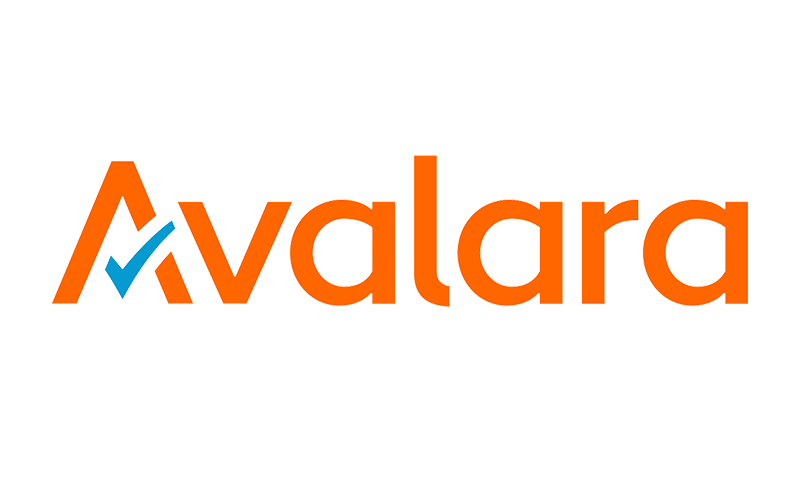


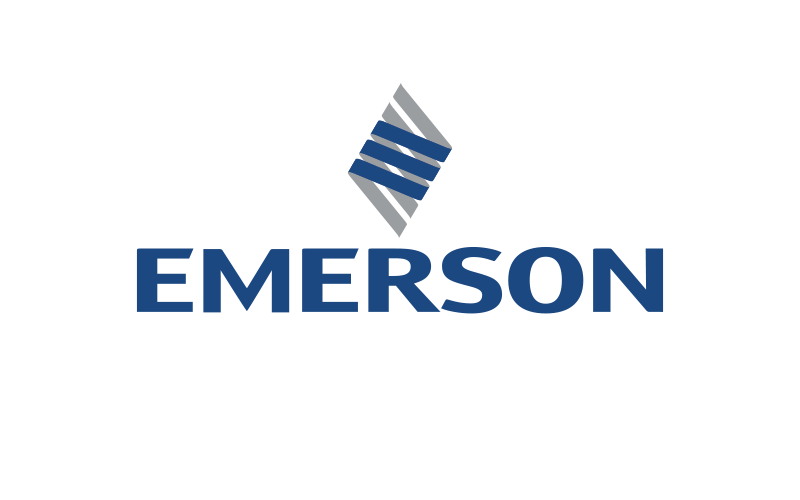








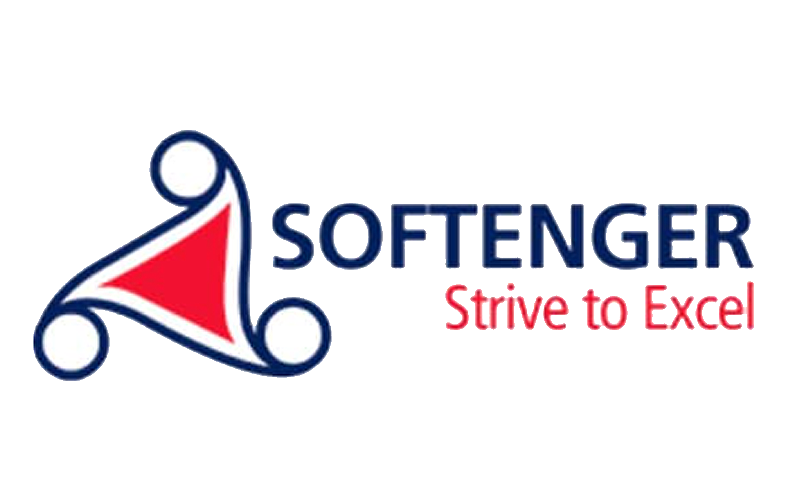





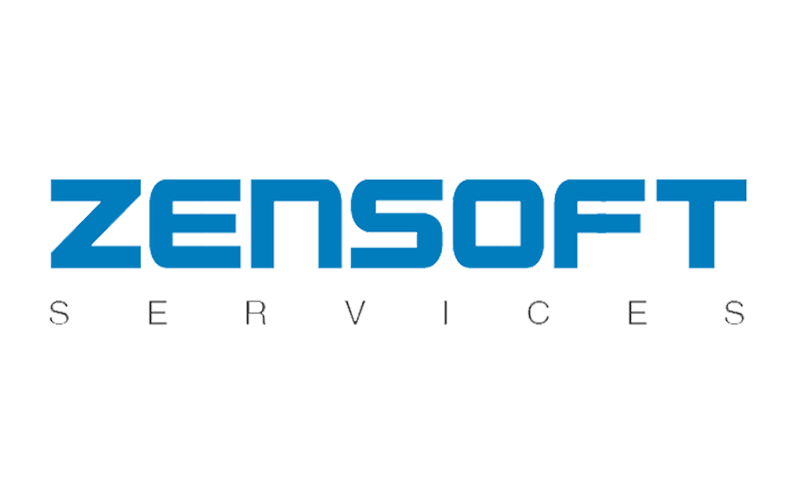
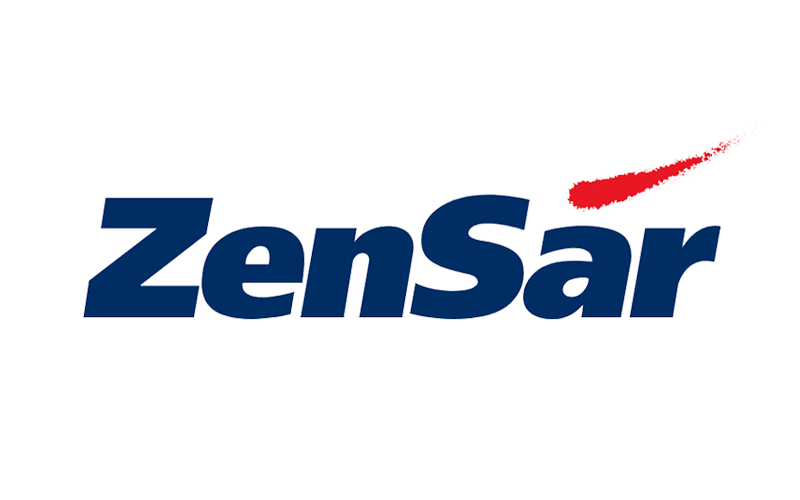
OUR PLACEMENTS



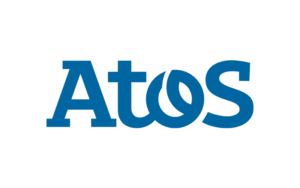
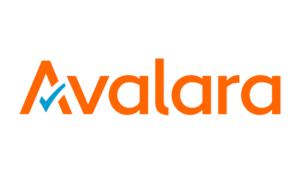
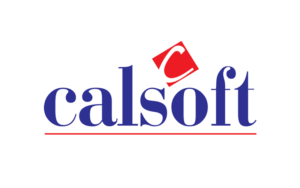
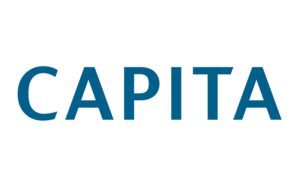
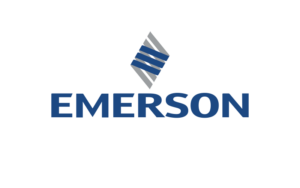


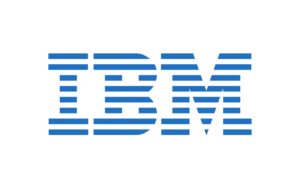
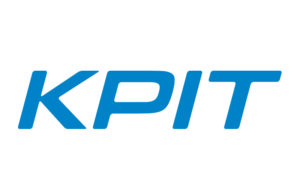


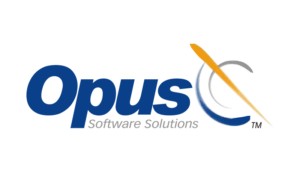

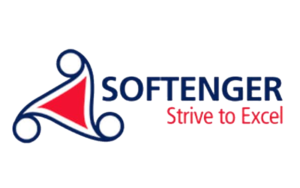

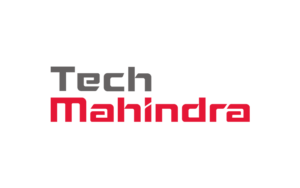



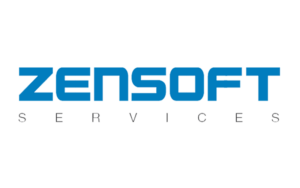
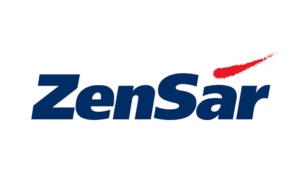
Related Courses
BROWSE RELATED COURSES

PYTHON
- 2.8k+ Students
- 100 Days
- 5.0 Reviews
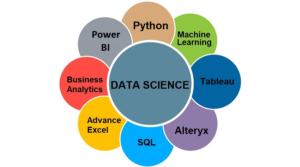
DATA SCIENCE
- 3,8k+ Students
- 180 Days
- 5.0 Reviews
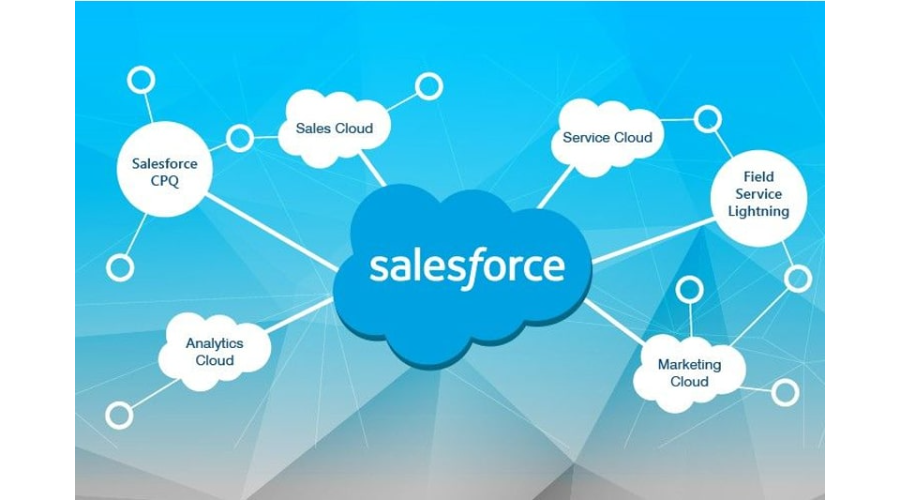
SALESFORCE
- 1,2k+ Students
- 180 Days
- 5.0 Reviews
Enquire About The Coure

